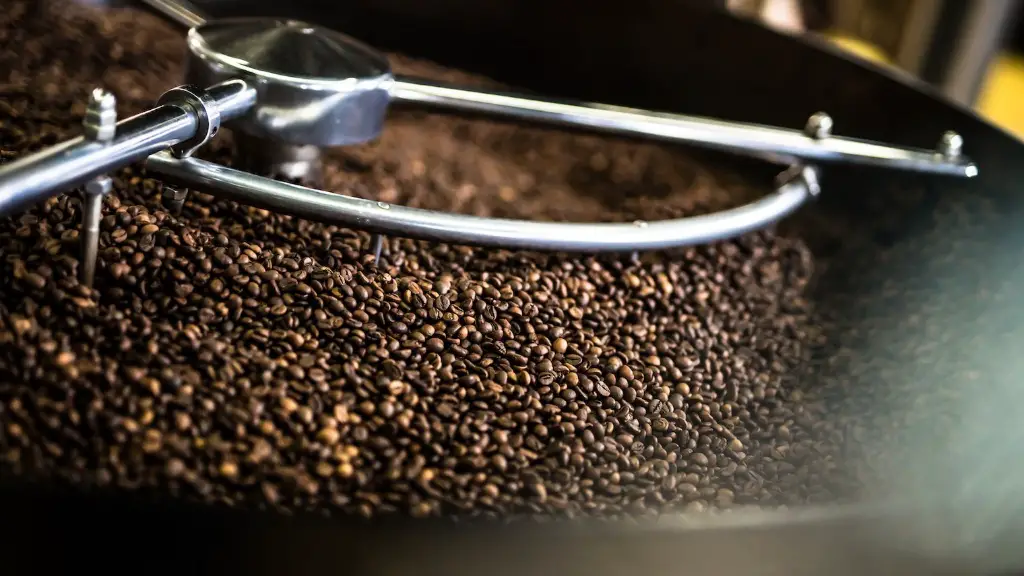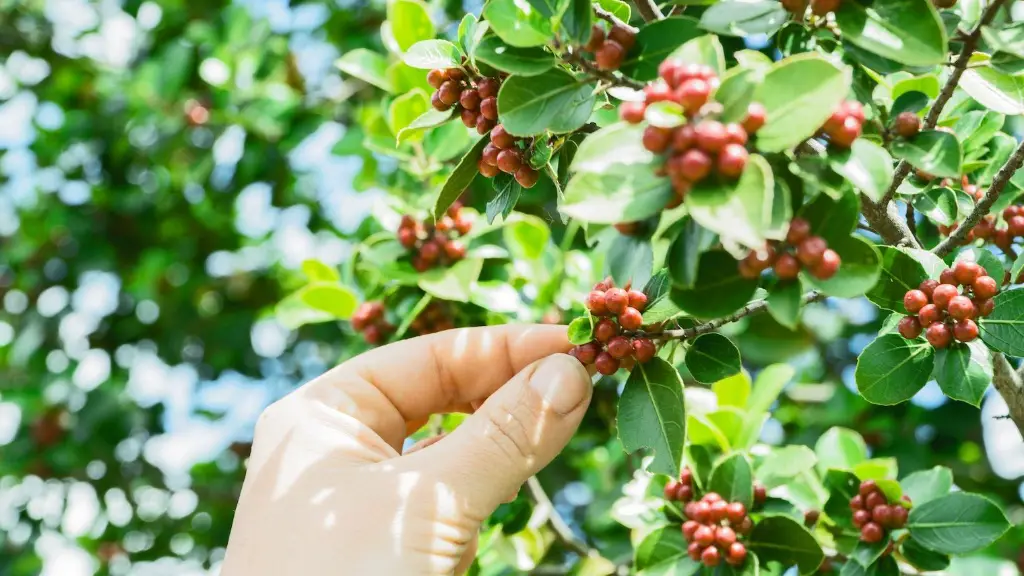Negative Effects of Caffeine on the Body During Your Period
It is well known that coffee is filled with caffeine, a stimulant and one of the most popular drinks worldwide. While it may serve as an excellent pick-me- up on most days, drinking coffee during your period may not be the best idea. We’ll explain why you shouldn’t drink coffee while on you period, highlighting its negative effects on the body, so you can make an informed decision.
To begin with, caffeine intake can have opposite effects than desired by affecting hormones and the levels of serotonin in your brain. During your menstrual cycle, your body’s hormones are already in an emotional and physical flux, and drinking coffee may tend to worsen this feeling. In one study, research showed that caffeine consumption can impede serotonin production, which essentially delays hormonal regulation. As a result, drinking coffee on your period can cause greater strain on the brain.
Furthermore, caffeine can affect your digestive system. It is suggested that drinking coffee can cause indigestion, cramping and other types of pain during your menstrual cycle. During this time, the digestive tract is more agitated and therefore more sensitive to strong stimulants like coffee, making it more likely to react adversely. Research has shown that even if caffeine consumption is normal, the digestive system can suffer during this period, and this may be further exaggerated with caffeine intake.
Another reason to avoid coffee while on your period is it can cause dehydration. Studies have shown that caffeine intake depletes the body of crucial electrolytes, resulting in an unacceptable rate of dehydration. Even more concerning is the fact that dehydration can cause severe cramping, which is already known to be a symptom of your period. It is also linked to fatigue, nausea and headaches, all of which can be caused by menstrual discomfort and further exacerbated by caffeine consumption.
Caffeine also has a diuretic effect, which increases the body’s urge to urinate. This can be rather uncomfortable during your period, as it likely increases the need to use the restroom more frequently. While frequent urination is common during menstruation, drinking too much coffee on your period has been shown to exacerbate this, especially as dehydration can reduce the quality of urine. Thus, avoiding coffee can help reduce the urge to use the restroom.
The Effects of Stress On the Body During Your Period
During your period, elevated levels of stress are common. This intensifies the effects of hormonal fluctuations and impacts your overall wellbeing in a number of ways. In one study, researchers found that stress increases the inflammatory response in the body, which can lead to increased cramping, nausea and other symptoms. Drinking coffee on your period can further elevate stress levels, and as a stimulant, it could cause the body to react poorly.
Higher levels of stress can also add to the feeling of fatigue and weakness during your period. Caffeine is known to increase alertness, energy and focus, which might sound beneficial, but during your period, these effects may wear off quickly leading to more fatigue. It is suggested that caffeine also disrupts sleeping patterns, which is especially concerning during your period. Lack of sleep can also exacerbate symptoms normally associated with menstruation, such as cramping, due to the decrease in serotonin levels.
Drinking coffee might give you a ‘boost’, but during your period, it can have the opposite effect. Stress hormones released during your period may have the same effect as coffee, leading to an increase of cortisol, making you feel on-edge or anxious.
The Possible Link Between Drinking Coffee and Premenstrual Syndrome
Additionally, research has suggested that drinking coffee on your period may be linked to premenstrual syndrome, a condition characterized by an array of unpleasant symptoms. In one study, women consuming more than 3 cups of coffee per day reported more distress than those who consumed less than this amount. The symptoms they experienced included upset stomachs, depression, anger and irritability. Not only that, caffeine may also increase the risk of developing more serious health issues during your menstrual cycle.
Caffeine can also interfere with the natural process of regulating hormones and serotonin levels, which are essential during your period. As such, drinking coffee on your period may cause your hormones to become even more erratic and lead to an imbalance of serotonin in the brain, which can cause mood swings, depression and fatigue.
In conclusion, an excessive amount of coffee on your period can exacerbate its symptoms, leading to discomfort and other physical and mental issues. It is advised to consider your health and wellbeing before consuming caffeine or any other stimulant during your menstruation. If you feel that you need a pick me up try aromatherapy or yoga before resorting to coffee, in order to help your body go through its monthly cycle with ease.
The Connection Between Caffeine and Dysmenorrhea
Caffeine consumption during your period can also cause dysmenorrhea, or severe pelvic pain associated with menstruation. It is known that dysmenorrhea is more prevalent among women who consume large amounts of caffeine, especially during the days leading up to their period. This condition is significant because it can result in missed days of work or school, and therefore should be avoided if possible. Studies have found that reducing caffeine consumption during the two weeks preceding menstruation can significantly reduce the risk of dysmenorrhea.
In one study, a significant portion of participants reported a decrease in dysmenorrhea after limiting their caffeine intake. This suggests that reducing your caffeine intake during this time can help reduce the amount of pain experienced during menstruation. Additionally, reducing caffeine during this time may also help reduce tension levels, and this in turn may help reduce the pain associated with dysmenorrhea.
Not only that, reducing coffee consumption has been linked to an increase in the body’s natural production of serotonin. This can help reduce anxiety and depression, which are often seen in women suffering from severe pelvic pain. Therefore, by reducing caffeine intake, you can help increase the level of serotonin and reduce the amount of pain experienced.
Notably, caffeine has an addictive component, and because of this, some women may struggle to reduce their intake during this time. In such cases, it is advised to seek help from a qualified health-care provider to manage your caffeine addiction and decrease your dependence on coffee.
Tips To Reduce Caffeine Intake On Your Period
If you struggle with the effects of caffeine on your period, consider the following tips to help reduce your caffeine intake:
Switch to decaffeinated coffee – switching to decaffeinated coffee will greatly reduce the amount of caffeine ingested and is an excellent way to enjoy the same satisfying taste without any of the negatives.
Replace coffee with herbal teas – many herbal teas contain lower levels of caffeine and are a great replacement for coffee during your period.
Drink water – make sure to stay hydrated, as water is essential for good health and will help reduce the amount of caffeine in your system.
Avoid energy drinks – energy drinks often contain large amounts of caffeine and should be avoided at all costs when on your period.
Eat small meals – Eating small meals during the period can help reduce the need for caffeine as hunger can often trigger a craving for coffee.
Conclusion
All in all, drinking coffee during your period may impair your health in numerous ways. Caffeine has multiple adverse effects on the body, and drinking it during your period can worsen the symptoms associated with menstruation. Thus, it is best to take caution and minimize or avoid coffee consumption during this time. Following the tips outlined above can help you reduce your caffeine intake and alleviate the negative effects it may have on your body.




